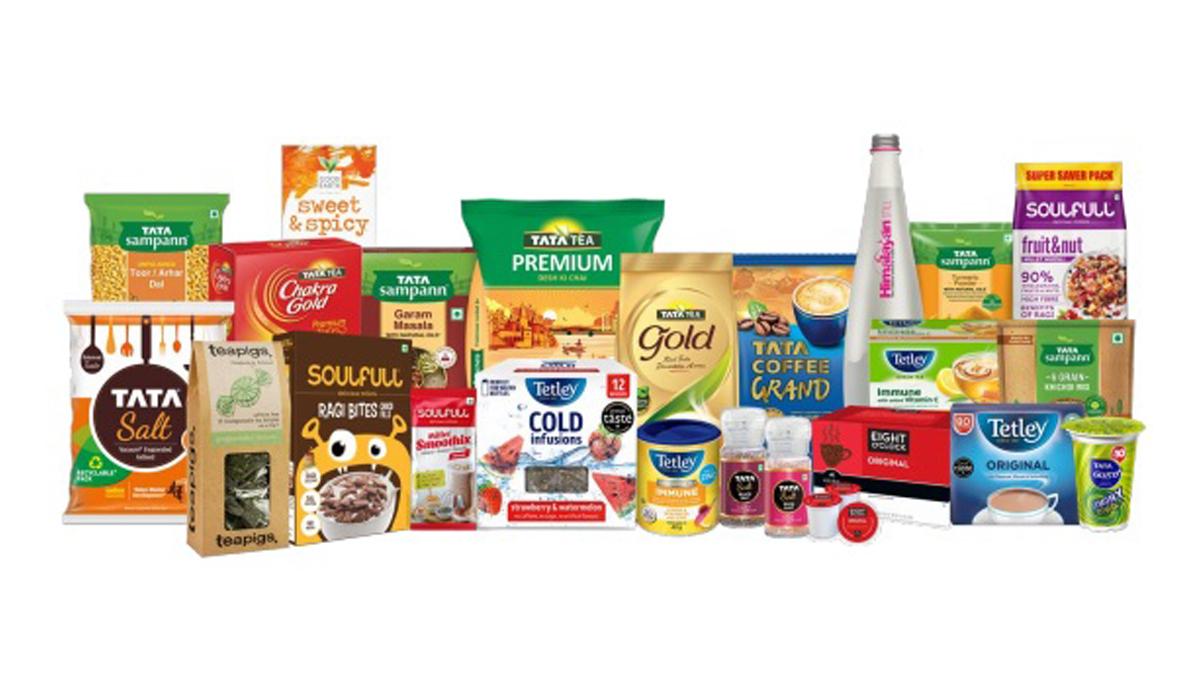Dutch supermarkets Albert Heijn and Jumbo, along with Coca-Cola and beverage supplier Vrumona, have agreed to stop using reinforced plastic handles for repackaged beverages. The decision is in line with the Dutch Plastics Treaty and is expected to save about 40,000 kg of plastic per year.
The handle, also known as a carry handle or convenient lifter, is commonly used on many packs of four or six large soft drink bottles.
They can be convenient for the consumer but detrimental to recyclability because reinforced plastic is a different material from the rest of the packaging.
Niels van Marle of the Netherlands’ Institute for Sustainable Packaging Knowledge (KIDV) comments: “Abandoning the handle improves the recyclability of many packaging. The outer packaging itself is made of flexible LDPE material and the handle is PET.
“If you, as a consumer, dispose of this outer wrap at the same time without separating the handles from the wrapper, the two different materials will end up together in the recycling stream.”
“This can hinder recycling because PET has very different recycling properties than LDPE, such as different melting temperatures. As a result, the new handless packaging also passed the recycling test. KIDV’s are better than packaging with handles.Also, skipping handles naturally saves materials.
Customer Experience
Initiative by the Meer Met Minder Plastic team (More with less) more plastic) of the Netherlands, has set targets that the Dutch Plastics Association Companies that join the agreement must commit to a target by 2025: all plastic packaging can be recycled or reuse 20% off plastic on single-use products 70% on single-use plastic products recycled in a “high quality” manner; and all plastic packaging must contain at least 30 % recycled content
The team says experience shows that consumers can still grip a package when they open it from the side and don’t need an extra handle.
New packaging without handles will be rolled out in supermarkets in the Netherlands in the coming months. This varies by vendor and brand.
Martijn van Rijn from Dutch Plastic Pac comments: “Adapting this packaging is another step towards more sustainable plastic packaging. Because these companies work together, multiple impacts are created at once, and this aligns well with achieving the goals of the NL Plastics Treaty.




